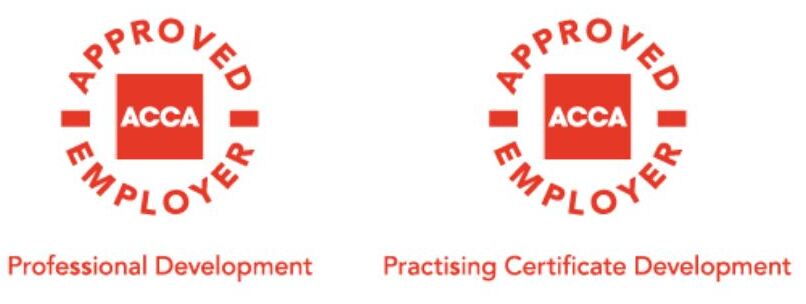Giving to Charity Tax Efficiently
Newsletter issue - April 09.
It's the London Marathon this month and thousands of people will be running to raise money for their favourite charities. Most of this money will come from individuals, but how should a company give to charity?
The most tax efficient way for individuals to make charitable gifts is under the gift aid scheme. All the individual has to do is declare to the charity that they pay enough UK tax to cover the basic rate tax deemed to be deducted from the gift. The charity can then reclaim this tax. For a gift of £80 the individual must pay at least £20 in UK tax.
A company cannot make donations whereby the charity reclaims the tax, but it can receive tax relief for the gross value of the charitable gift it makes. The donation is deducted from the company's total profits before corporation tax is calculated, so the company receives tax relief at its highest marginal tax rate. This gift is treated as a non-trading charge against profits, which cannot increase a trading loss, or be carried over to another accounting period. The company must be making profits in the year it makes the donation to get tax relief for the gift. There are restrictions on the tax relief if the company or a connected person receives benefit back from the charity, with special rules for companies that are controlled by charities.
Whether it is more tax efficient to give as an individual or through your own company depends on your relative marginal tax rates. A small company currently pays tax at 21%, but could have a marginal rate of 29.75% for profits over £300,000. Individuals pay income tax at 20%, and tax relief at this level is built into the gift-aid scheme. Higher rate taxpayers who pay tax at 40% can reclaim the additional 20% tax relief on their donations through their annual tax return.
However, if you need to take the funds out of your company first in order to get the funds personally to make the gift you will also have to consider the tax to pay in taking the funds out of the company. In this situation the calculations get more complex depending on your tax rate and whether you extract funds as dividend or salary and whether a loss is created as a result. Therefore, please talk to us if considering a large donation using funds presently in your company.






